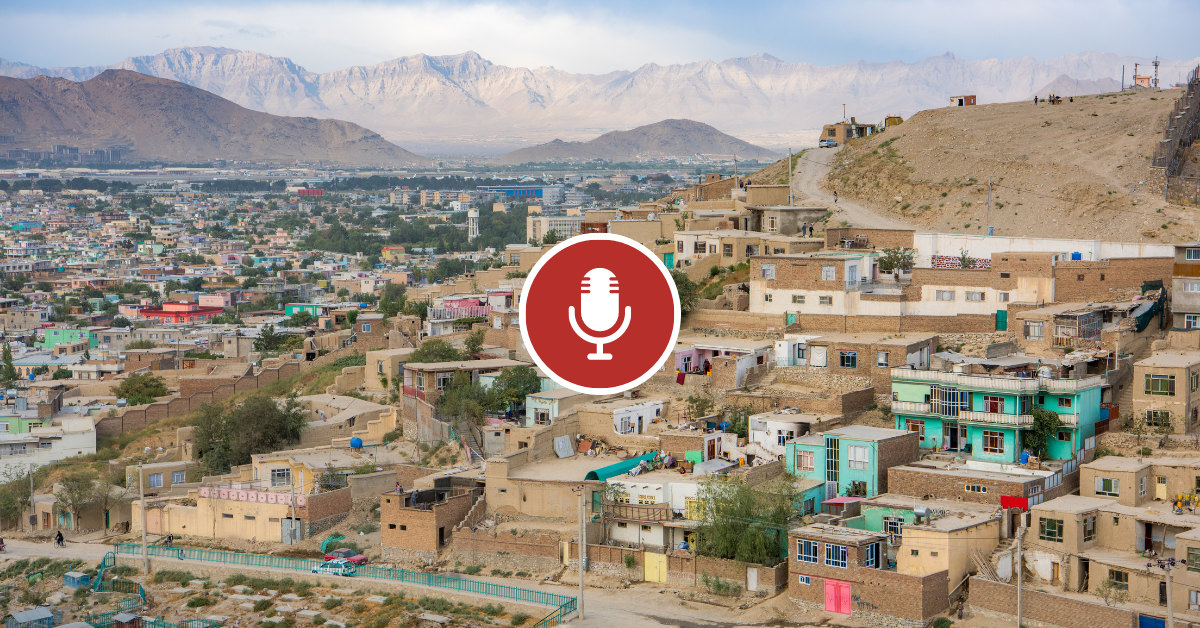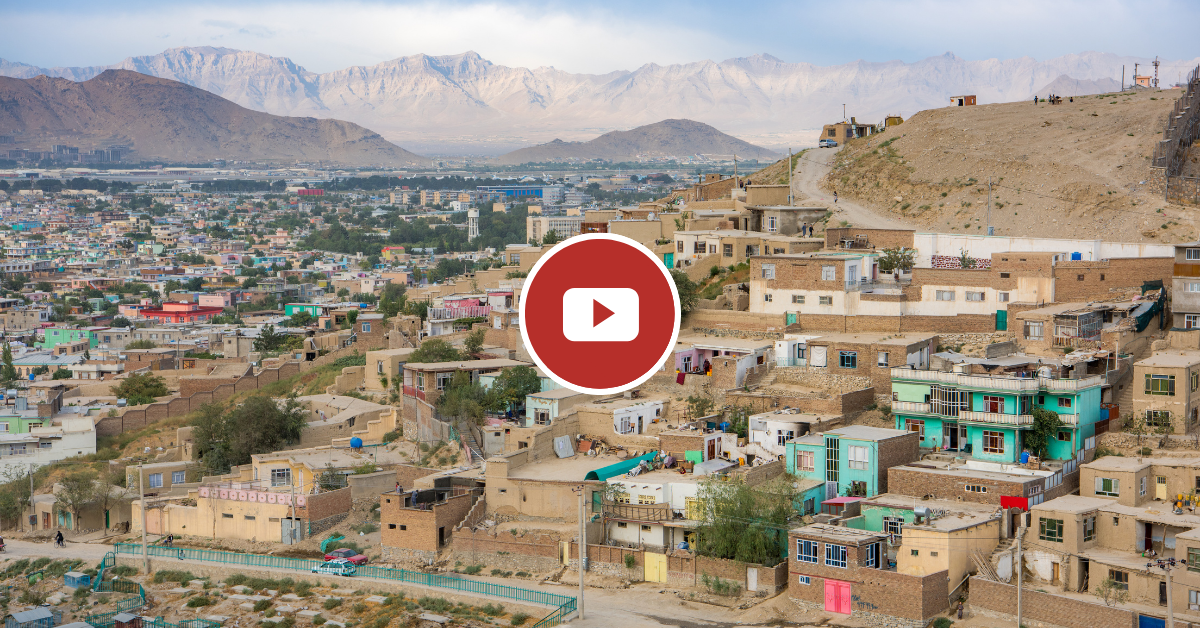Thursday, August 19, 2021 | 12:30 PM EDT - 1:00 PM EDT
Zoom Interview | Derek Grossman, Niva Yau, Daniel Markey
The U.S. military is pulling out of Afghanistan, a process that should be complete by August 31. Both China and the United States face looming strategic challenges as a result. America’s presence has preserved a fragile balance of power in Central South Asia, benefitting both the United States and China. It has prevented terror activities from spilling over Afghanistan’s borders, as well as allowing for trade and facilitating the expansion of China’s BRI initiative into neighboring Pakistan. The U.S. foothold in Afghanistan has cost thousands of American lives and over two trillion dollars, but has also mitigated the threat of widespread terror activity, the initial impulse for going in in 2001. What will withdrawal mean for the security, politics, and economics of South Central Asia and for the U.S.-China relationship more broadly?
In an interview conducted on August 19, 2021, Mr. Derek Grossman and Ms. Niva Yau discuss the implications of the American troop withdrawal from Afghanistan for U.S.-China relations in conversation with Dr. Daniel Markey.
Speakers
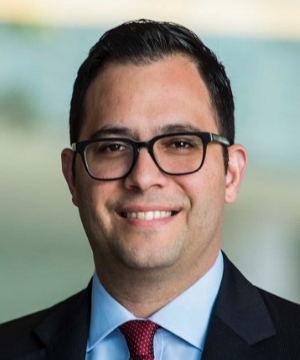
Derek Grossman
Derek Grossman is a senior defense analyst at RAND focused on a range of national security policy and Indo-Pacific security issues. He served over a decade in the intelligence community, where he provided the daily intelligence briefing to the director of the Defense Intelligence Agency, and to the assistant secretary of defense for Asian & Pacific Security Affairs. He is an adjunct professor at the University of Southern California and a regular contributor to The Diplomat; he is widely quoted regionally and globally. He holds an M.A. from Georgetown University in U.S. national security policy and a B.A. from the University of Michigan in political science and Asian studies.
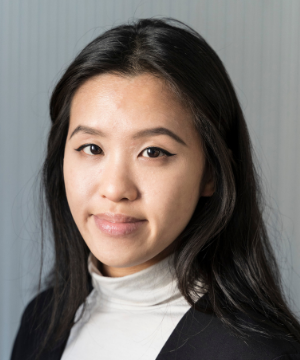
Niva Yau
Niva Yau is a researcher at the OSCE Academy in Bishkek, Kyrgyzstan, and a fellow at the Eurasia Program of the Foreign Policy Research Institute in Philadelphia. Her work focuses on China’s foreign policy, trade, and security in its western neighborhood, including Central Asia and Afghanistan. She has briefed officials in Central Asia on China’s security engagement, private security companies, Belt and Road Initiative, governance export, influence campaigns, renewable investments, and more. Ms. Yau has been quoted in the BBC, Nikkei Asia, The Economist, Le Monde, and other media outlets. In 2020, she was awarded The Washington Post‘s Albert Otto Hirschman prize for best political economy writing for her work on the development of Chinese policy banks in Central Asia. Originally from Hong Kong, Ms. Yau has been based in Bishkek since 2018. She is a native speaker of Cantonese, Mandarin, and English, and is currently learning Russian.
Moderator
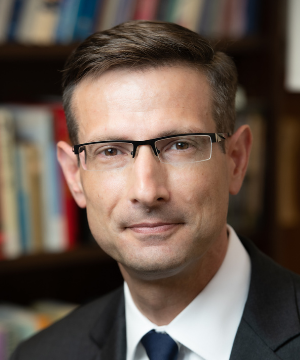
Daniel Markey
Daniel Markey is a senior research professor at Johns Hopkins University’s School of Advanced International Studies (SAIS) where he serves as the academic director of the SAIS Global Policy Program and is a senior fellow in the SAIS Foreign Policy Institute. Previously, Dr. Markey was a senior fellow for India, Pakistan, and South Asia at the Council on Foreign Relations (2007-2015), and held the South Asia portfolio on the Policy Planning Staff at the U.S. Department of State (2003-2007). Prior to government service, he taught in the Department of Politics at Princeton University. He also served as executive director of Princeton’s Research Program in International Security. Earlier, he was a postdoctoral fellow at Harvard’s Olin Institute for Strategic Studies. Dr. Markey is the author of numerous reports, articles, book chapters, and opinion pieces. His commentary has been featured widely in American and international media.
